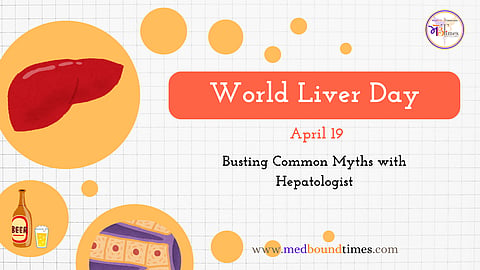"When discussing liver health, it’s important to recognize that the liver is a vital organ in our body, performing approximately 500 functions. These functions include the metabolism of fats, carbohydrates, and vitamins. Therefore, maintaining liver health is essential.
Several factors can negatively impact the liver, including alcohol and drugs, hepatitis (especially viral hepatitis), diabetes, hypertension, and obesity. So, how can we keep our liver healthy?
Here are some tips for maintaining liver health:
1. Avoid Alcohol: Alcohol is one of the leading causes of liver disease worldwide.
2. Maintain a Healthy Weight: Aim for an optimal weight and engage in regular exercise.
3. Control Blood Sugar and Blood Pressure: If you have diabetes or hypertension, it’s crucial to keep your blood sugar and blood pressure levels under control.
4. Be Cautious with Over-the-Counter Medications: Avoid taking over-the-counter drugs, such as antibiotics and painkillers, like paracetamol, without a prescription, as unnecessary use can harm the liver.
5. Prevent Viral Hepatitis: Vaccines are available for hepatitis A and B, so make sure to get vaccinated to protect yourself from these viruses. For other types of hepatitis, practice safe sex and avoid sharing personal items, such as razors, combs, and towels.
6. Optimal Nutrition: Follow a protein-rich diet while reducing carbohydrates and fats in your meals.


